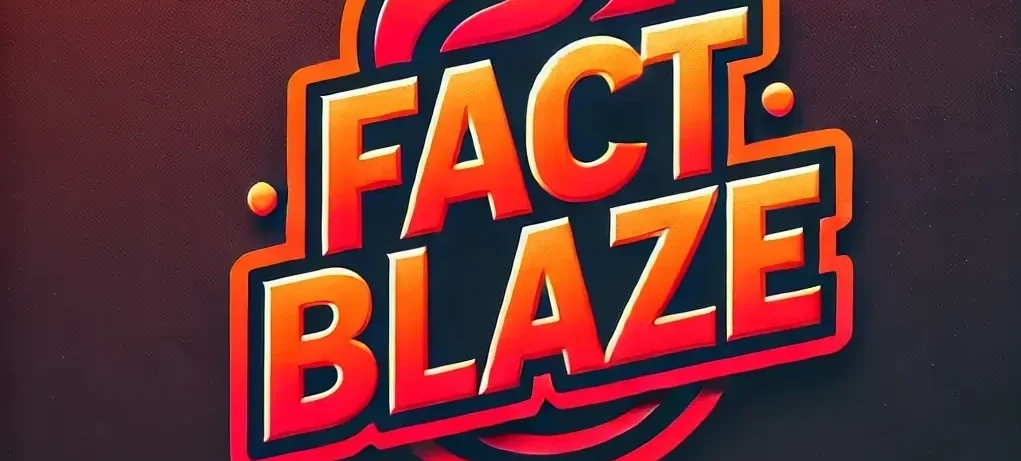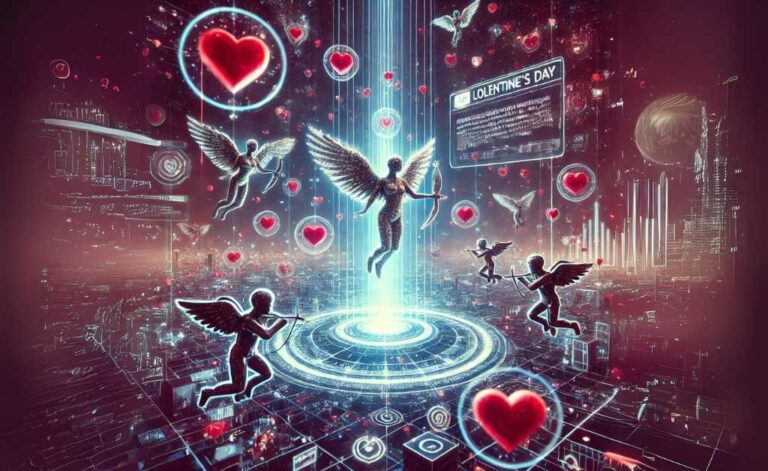Is Love Just a Chemical Reaction?
Is Love Just a Chemical Reaction? Exploring the Biological vs. Emotional Debate
Introduction: Is Love More Than Just Chemistry? 🧠💖
Love is often described as magical, profound, and life-changing—but is it just a product of chemical reactions in the brain? Or does love transcend biology, carrying deeper emotional and psychological significance?
In this article, we’ll explore: ✔ How neurotransmitters like dopamine, oxytocin, and serotonin shape love ✔ The psychological and emotional aspects of relationships ✔ The debate between biological determinism and human experience ✔ Whether love is purely chemical or something more
Let’s uncover the science and philosophy behind love! 💡❤️
1. The Science of Love: How Brain Chemistry Drives Attraction 🔬
Love triggers specific chemical reactions that influence how we think, feel, and behave.
Key Neurotransmitters Involved in Love
🧪 Dopamine → The pleasure and reward chemical that fuels excitement and obsession. 🧪 Oxytocin → Known as the bonding hormone, released during intimacy and trust-building moments. 🧪 Serotonin → Regulates mood and emotional stability, influencing attachment. 🧪 Adrenaline → Creates the “butterflies” feeling by increasing heart rate and excitement.
📌 Expert Insight: “Romantic love is a neurobiological phenomenon, activating the brain’s reward centers and reinforcing emotional attachment.” — Dr. Helen Fisher, Biological Anthropologist
💡 Real-World Tip: ✔ The early stages of love feel addictive because dopamine mimics the effects of stimulant drugs. ✔ Long-term love transitions from dopamine-driven excitement to oxytocin-driven stability.
🔍 Further Reading: Harvard Medical School – The Chemistry of Love
2. Love Beyond Biology: The Emotional & Psychological Experience 💕
While brain chemistry plays a major role, love is also shaped by memories, experiences, and personal connections.
Why Love is More Than Just Chemicals
🔹 Shared experiences → Deep bonds form through time, trust, and understanding. 🔹 Emotional depth → Love isn’t just about attraction; it’s about mutual growth and support. 🔹 Conscious choices → Long-term commitment isn’t just biological—it requires effort and decision-making.
📌 Expert Insight: “Love involves both biological impulses and personal experiences, making it more than just a neurochemical reaction.” — Dr. Sue Johnson, Clinical Psychologist
💡 Real-World Tip: ✔ Prioritize deep conversations to strengthen emotional connection beyond attraction. ✔ Engage in new experiences together to keep the bond strong.
🔍 Further Reading: APA – The Psychology of Love
3. The Debate: Is Love Just Chemistry, or Something More? 🤔
Scientists and philosophers have long debated whether love is purely a chemical reaction or if it carries deeper meaning.
Arguments for “Love is Just Chemistry” 🧪
✔ Brain imaging studies show specific neural pathways light up when experiencing love. ✔ Love’s effects can be replicated with artificial oxytocin and dopamine stimulation. ✔ Evolutionary biology suggests love evolved to promote reproduction and survival.
Arguments for “Love is More Than Chemistry” 💖
✔ Love involves personal memories, shared goals, and emotional depth. ✔ It’s influenced by culture, upbringing, and experiences, not just biology. ✔ People in long-term relationships develop spiritual and philosophical connections that go beyond chemicals.
📌 Expert Insight: “Love is an interaction between biology and consciousness—not just chemicals but also memories, choices, and emotions.” — Dr. Stephanie Cacioppo, Neuroscientist
💡 Real-World Tip: ✔ Recognize that attraction is chemical, but lasting love requires emotional depth. ✔ Nurture your relationship beyond physical desire—focus on emotional and intellectual compatibility.
🔍 Further Reading: Stanford University – The Neuroscience of Love
4. Can Love Be Measured Scientifically? 📊
Love might feel intangible, but science has found ways to measure its effects.
🔬 Scientific Approaches to Studying Love ✔ fMRI Scans → Show heightened activity in the brain’s reward system when people view photos of loved ones. ✔ Hormonal Testing → Measures oxytocin and dopamine levels during emotional interactions. ✔ Longitudinal Studies → Track how love changes over time and its effects on well-being.
📌 Expert Insight: “Science can measure biological aspects of love, but emotions and experiences remain uniquely human.” — Dr. John Gottman, Relationship Researcher
💡 Real-World Tip: ✔ Understand love’s biological triggers, but don’t reduce relationships to just chemistry. ✔ Emotional intelligence is key to long-lasting love.
🔍 Further Reading: National Institute of Health – Love & Brain Chemistry
Frequently Asked Questions (FAQs) About Love & Chemistry ❓
1. Can love be artificially created with chemicals?
While hormones like oxytocin can mimic some love effects, genuine emotional connection requires shared experiences and deep bonds.
2. Why does love feel like an addiction?
Dopamine and oxytocin activate the brain’s reward centers, making love feel similar to a drug addiction.
3. Does love fade when brain chemicals change?
Passion may decrease as dopamine levels drop, but long-term love strengthens with oxytocin and emotional connection.
4. Are arranged marriages less “scientific” than love marriages?
Not necessarily! Studies show that arranged marriages can develop strong oxytocin-driven bonds over time, just like romantic relationships.
5. How can couples maintain attraction beyond biology?
By prioritizing communication, novelty, and emotional depth, couples can sustain attraction beyond the initial dopamine-driven phase.
Final Takeaways: Is Love a Chemical Reaction or Something More? 💖🧠
✔ Love is influenced by neurochemistry, but it also involves personal experiences and emotions. ✔ Dopamine, oxytocin, and serotonin shape attraction, bonding, and stability. ✔ Long-term love depends on emotional intelligence, shared experiences, and conscious effort. ✔ Science can explain parts of love, but its depth goes beyond just biology.
💡 Final Thought: Love is both a chemical reaction and an emotional experience. While biology lays the foundation, true love is built through trust, connection, and shared meaning. ❤️
📚 Further Reading & External Sources:
- Harvard University – The Chemistry of Love
- Stanford University – The Neuroscience of Love
- National Institute of Health – Love & Brain Chemistry







